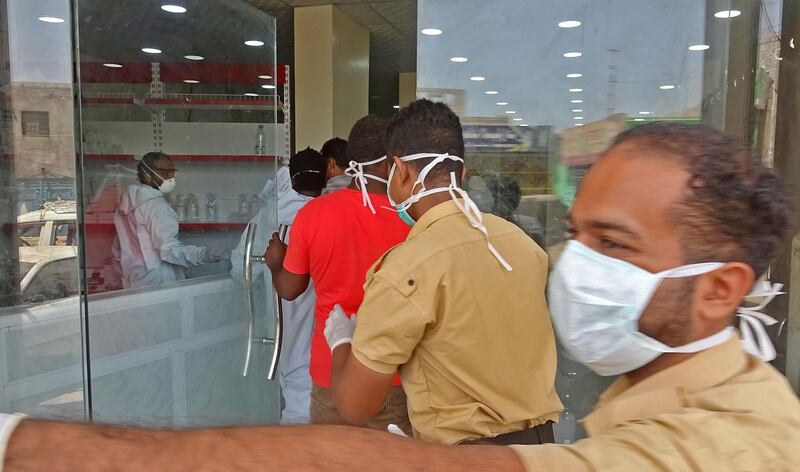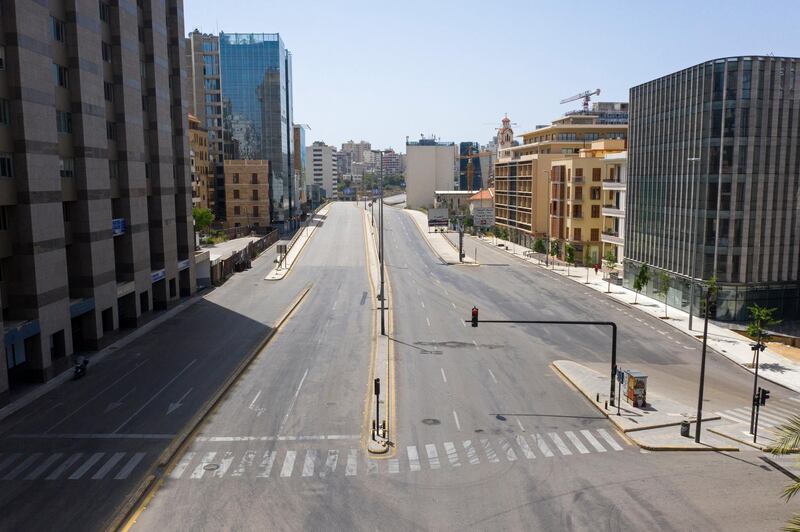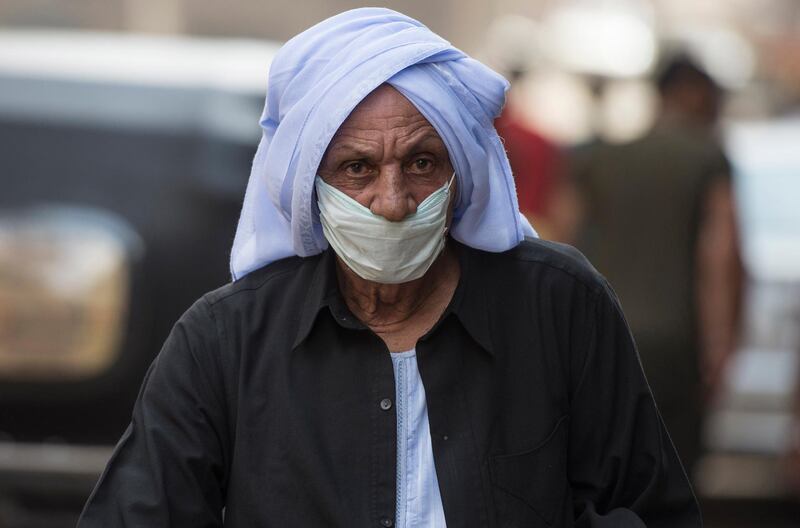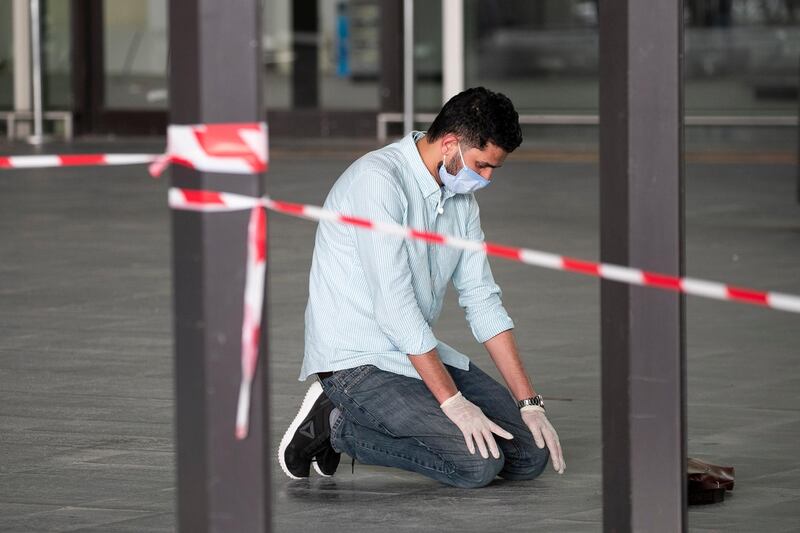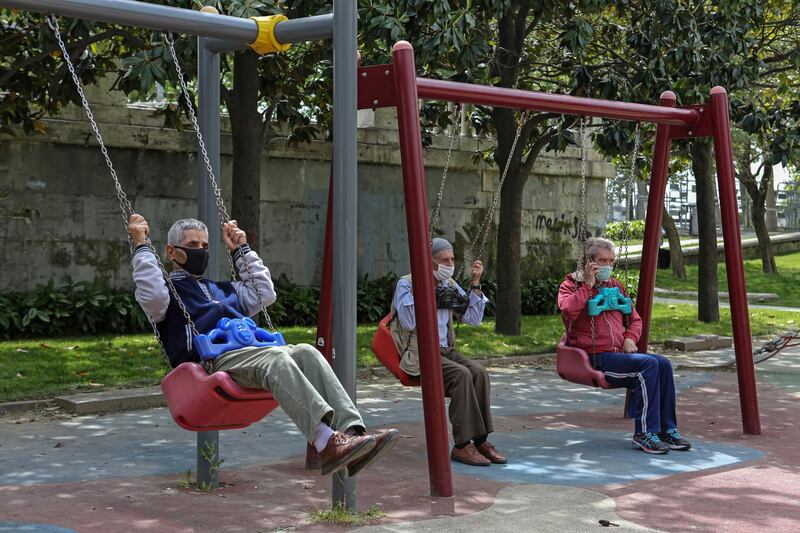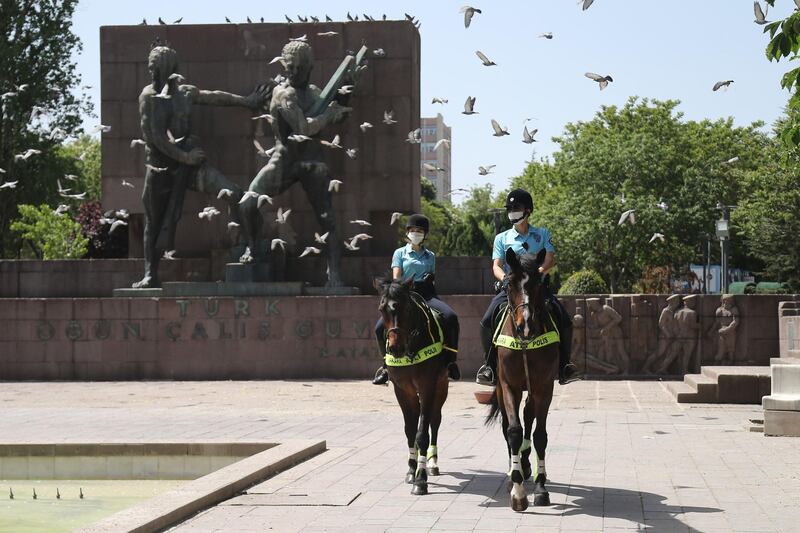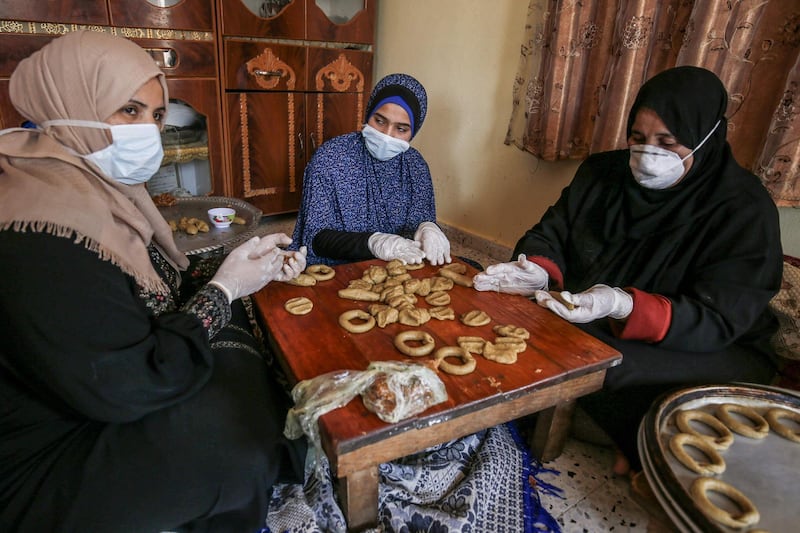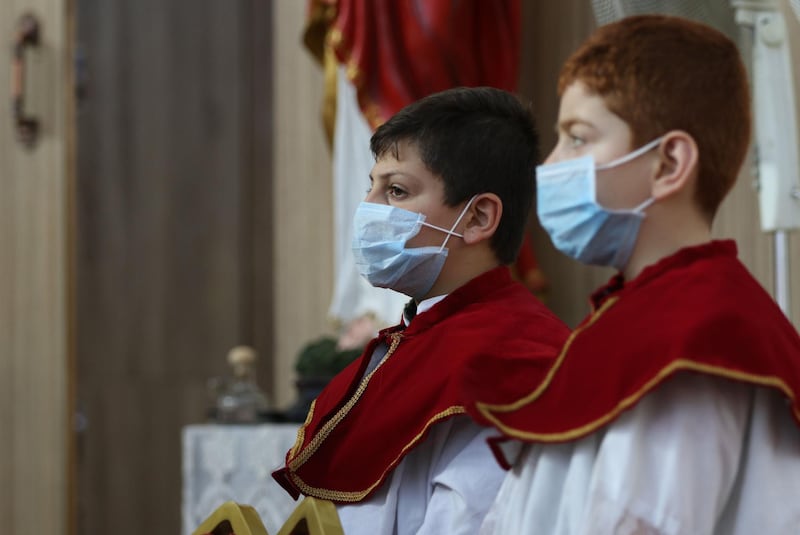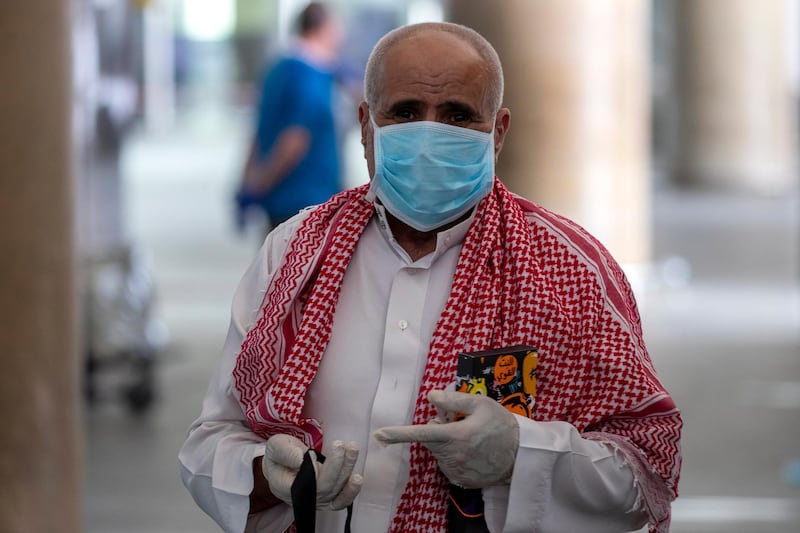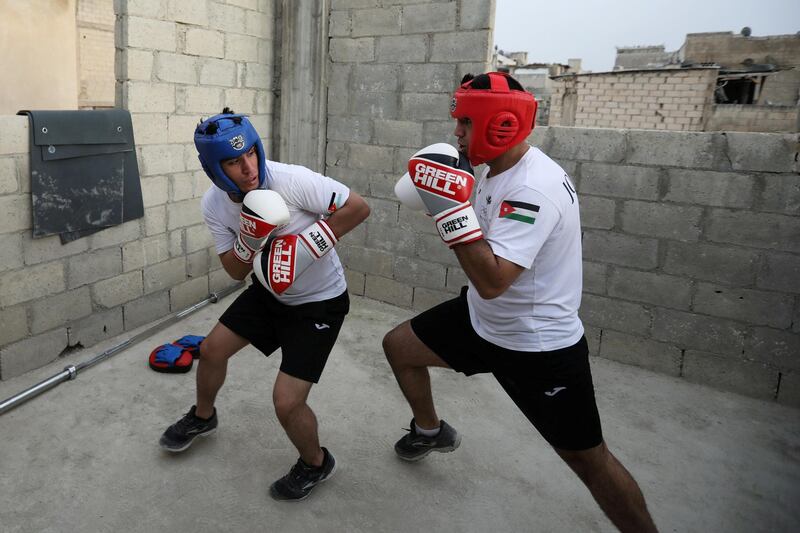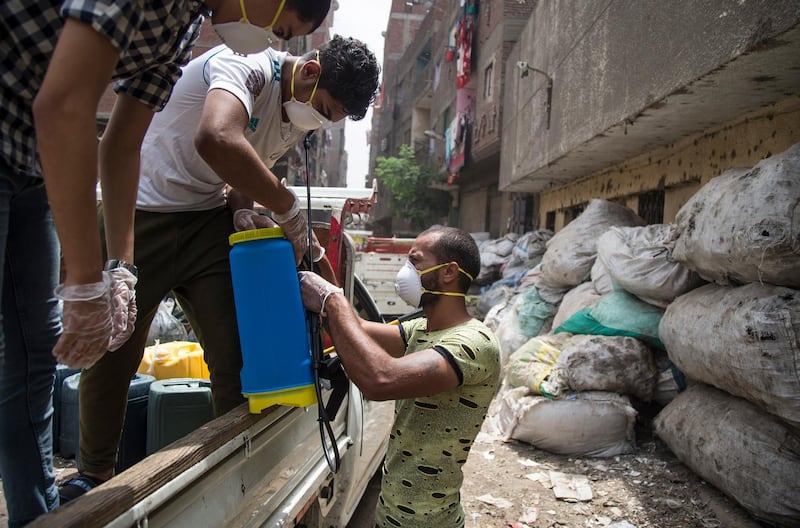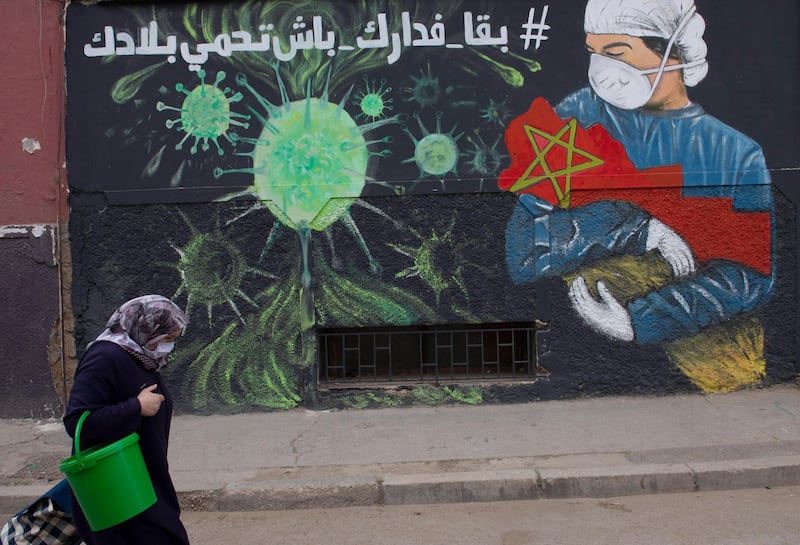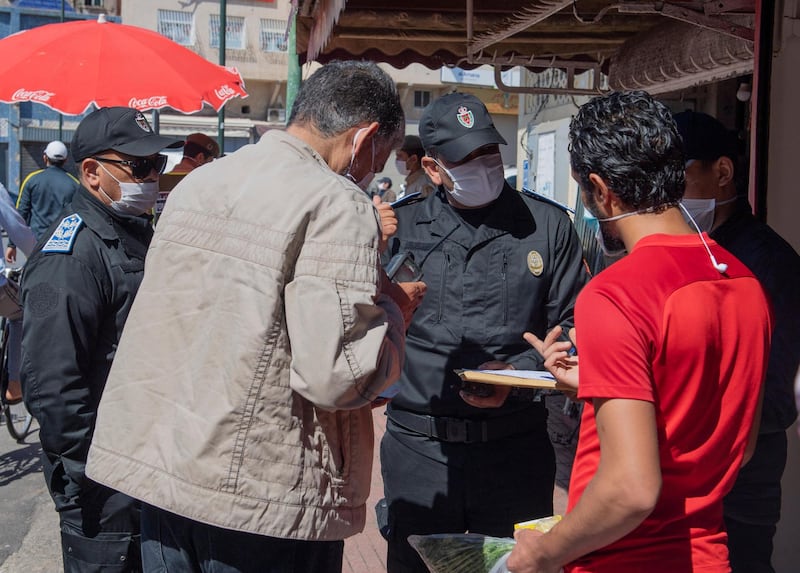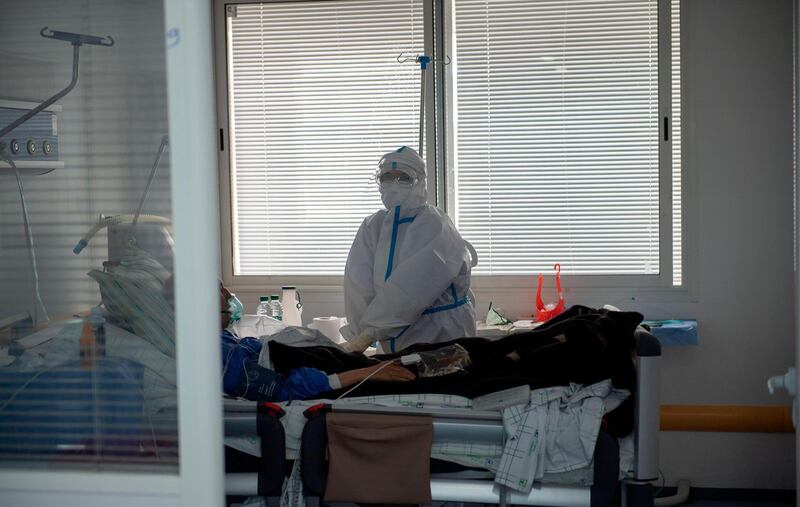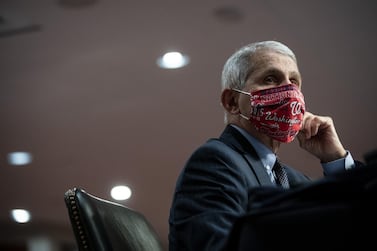A sophisticated surveillance programme rolled out by Dubai Police to track down wanted criminals is being adapted to boost early detection rates for Covid-19.
The force's Oyoon (eyes) project involves a network of thousands of cameras armed with artificial intelligence and facial recognition software and is viewed as a key weapon in the fight against crime in the emirate.
Now the CCTV cameras dotted across Dubai's streets are being equipped with thermal imaging technology to pick up a rise in body temperature – a common symptom of Covid-19 – and alert authorities to potential coronavirus cases.
Widespread efforts are being made across the country to limit the spread of the virus by detecting cases as early as possible.
In Al Dana district of Abu Dhabi, security guards in residential buildings will carry out temperature checks on residents and report those suspected to have Covid-19.
Abu Dhabi City Municipality has distributed 200 thermal scanning devices to security workers in residential tower blocks in Al Dana.
The guards have been educated about common symptoms of Covid-19 and briefed on who to contact to report suspected cases.
“Dubai Police is one of the few government agencies in the world to use AI extensively, which is something we continue to do now during the coronavirus outbreak,” said Brig Khalid Al Razooqi, director of smart services at Dubai Police during a remote meeting on Sunday.
“The cameras of the force’s AI-based Oyoon programme are now sensing people’s temperature.
“Another use for these cameras that is still in the testing phase, is to ensure people maintain a safe distance.”
The official said the cameras will be able to gauge distances between people in malls and public areas.
“When people come closer to one another, the system will generate an alarm,” he said.
Members of the public are being urged to keep two metres apart to help limit the spread of the virus.
Bashar Kilani, Regional Executive at IBM Middle East, said during the remote meeting that AI will play an increasingly important role in daily life in years to come.
“AI and new technologies will be part of the majority of daily tasks in the near future, and Covid-19 is helping accelerate this digital transformation,” he said.
He said a study carried out by IBM’s institute for business value last October found that 120 million jobs around the world have a digital gap that need to be closed within the next three years.
“This is a huge number but these are jobs such as police work, health care providers, engineers and retailers, which will ingest AI and new technologies and become more efficient and effective,” he said.
“Tasks that require knowledge, critical thinking and interpersonal skills will evolve, and develop with the use of AI.”
